Dumpster Rentals: Simplifying Your Cleanup Efforts
Whether you're renovating your home, decluttering your office, or managing waste from a construction site, dealing with piles of trash and debris can quickly become overwhelming. In these situations, opting to rent dumpsters is an effective and efficient solution. From preventing multiple trips to the landfill to improving safety on the worksite, dumpster rentals simplify cleanup efforts in ways you may not have considered. Below, we'll explore the benefits of this service, walk through the process of selecting the right dumpster, and discuss how to maximize your rental period.
Why Renting a Dumpster Makes Sense
Every project generates a certain amount of waste, be it discarded materials after a home makeover or yard debris after a landscaping overhaul. Renting a dumpster provides a centralized location for all your refuse, eliminating the need to drive back and forth to disposal facilities. This not only saves time and fuel costs, but also reduces stress on you and your team.
Additionally, when you rent dumpsters, you're contributing to a safer environment. Without a designated place to discard waste, materials can pile up, creating hazards and obstructing work areas. A properly placed dumpster helps maintain clear pathways, reduces the risk of trips or falls, and ensures that everyone remains focused on the task at hand.
How to Choose the Right Dumpster Size
One of the most common questions when renting a dumpster is: what size should I choose? To answer this, start by considering the scope of your project. If you're doing a minor home cleanout, such as getting rid of old furniture and boxes of junk, a small 10-yard dumpster might suffice. According to HomeGuide, a 20-yard dumpster is capable of holding three to four tons of debris or trash, which equates to about six pickup truckloads. On the other hand, large construction or demolition projects often call for 30-yard or 40-yard dumpsters to accommodate heavy and bulky materials.
To make the best choice, think about the types and volumes of waste you'll be dealing with. For instance, if you anticipate throwing away mostly light items like cardboard and packaging, a smaller container may be enough. Conversely, if you're disposing of heavy debris like concrete, roofing shingles, or soil, you'll need a sturdy dumpster designed to handle heavier loads. It's always a good idea to consult with a rental company's representatives, as they're well-versed in matching the right dumpster to your project's demands.
Streamlining Your Project Schedule
When you rent dumpsters, you gain greater control over your project's timeline. Without waiting for municipal trash pickups or scrambling to find alternative solutions, you can work at your own pace. As you fill the dumpster, simply contact the rental company for pickup. This flexibility allows you to maintain momentum, prevent delays, and ultimately complete your cleanup tasks more efficiently.
Keep in mind that timely waste removal can influence the overall success of a project. For example, in a home renovation, prompt disposal of old materials and debris clears space for new installations. On a construction site, it can prevent safety hazards and maintain compliance with regulations. By integrating a dumpster rental into your plan, you can avoid logistical headaches and keep the project moving forward.
Cost-Effectiveness and Peace of Mind
The idea of adding another expense to your project might give you pause, but dumpster rentals are often more cost-effective than you might think. Consider the costs associated with fuel, vehicle wear and tear, and the time lost driving to and from disposal facilities. With a rental service, you pay a flat fee for a specified rental period, making budgeting straightforward.
Moreover, a professional rental company typically includes pickup, drop-off, and disposal fees in their pricing. This all-in-one approach means you won't need to worry about hidden costs or last-minute surprises. The peace of mind that comes from knowing exactly what you're paying for is invaluable, allowing you to focus on the task at hand rather than administrative hassles.
Making the Most of Your Dumpster Rental
To get the best value from your rental period, plan ahead. Identify where you'll place the dumpster, ensuring easy access and compliance with local regulations. Some neighborhoods might require permits, so check local guidelines before the dumpster arrives. Once it's in place, organize your waste disposal strategy. Break down large items to save space, and separate materials if necessary. This step can make the emptying process easier for the rental company.
With the right dumpster unit, you don't have to stress about cleaning up after your project. Are you ready to rent dumpsters from a quality provider? If so, then get in touch with AAA Carting today!

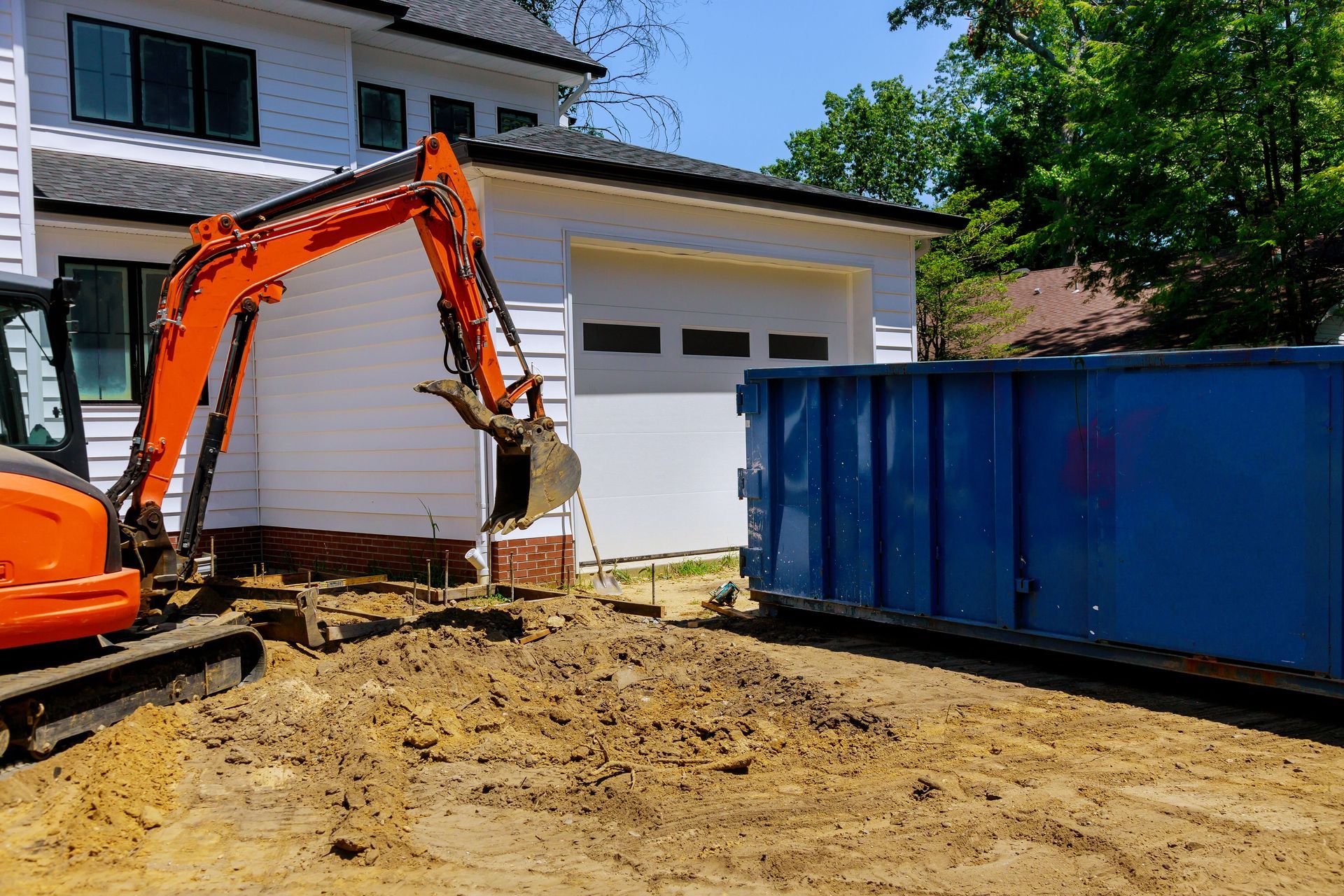
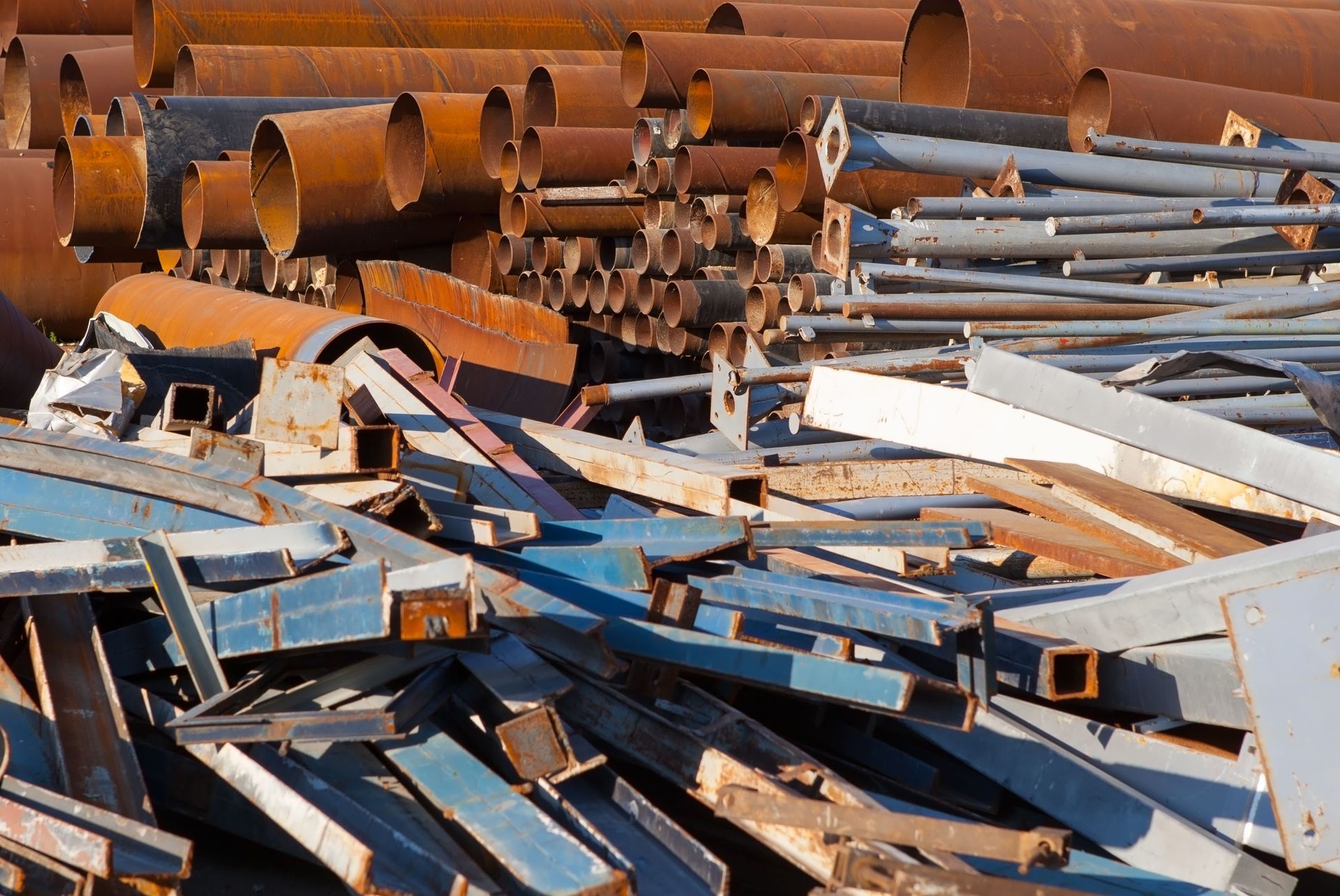
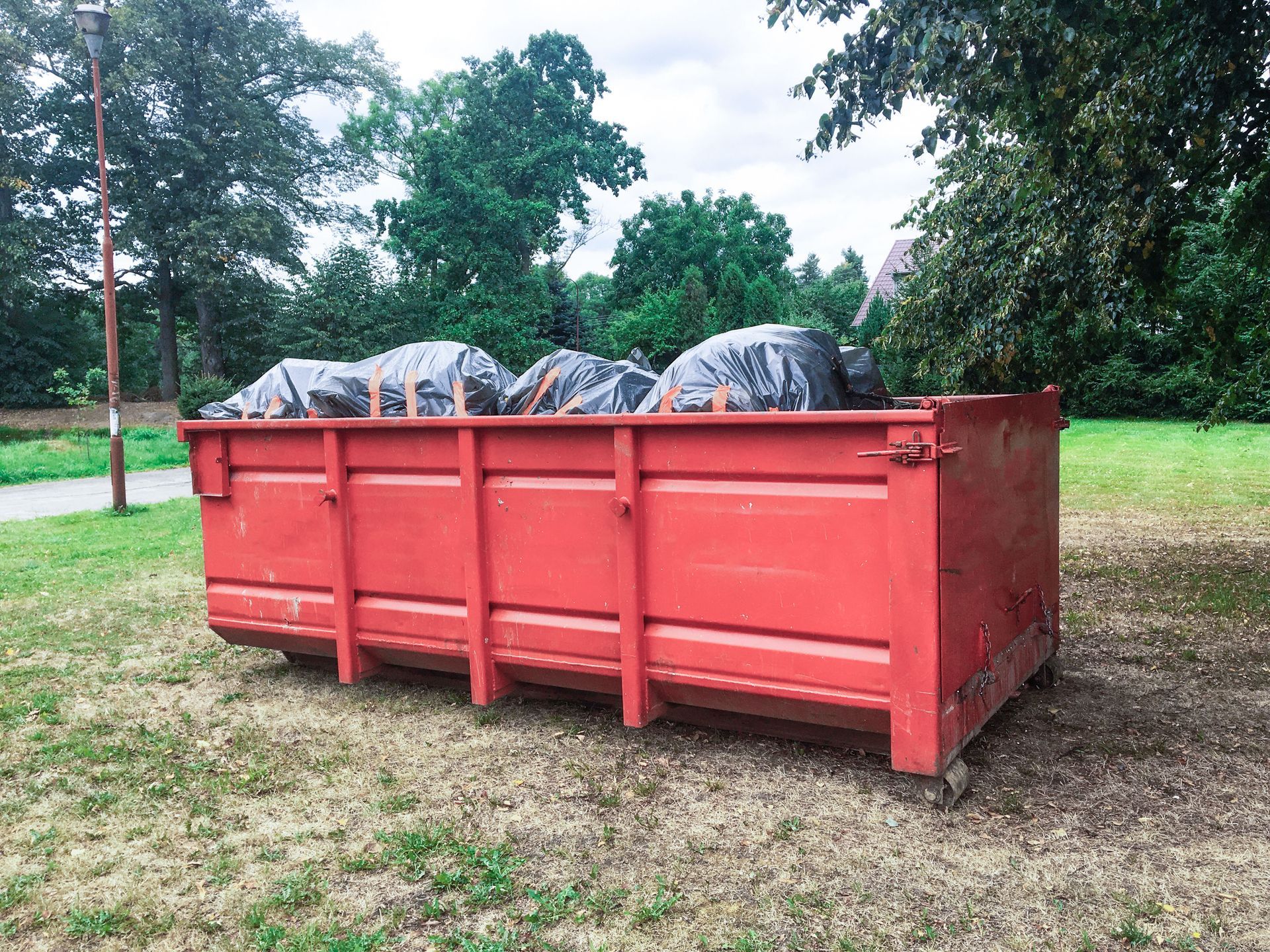
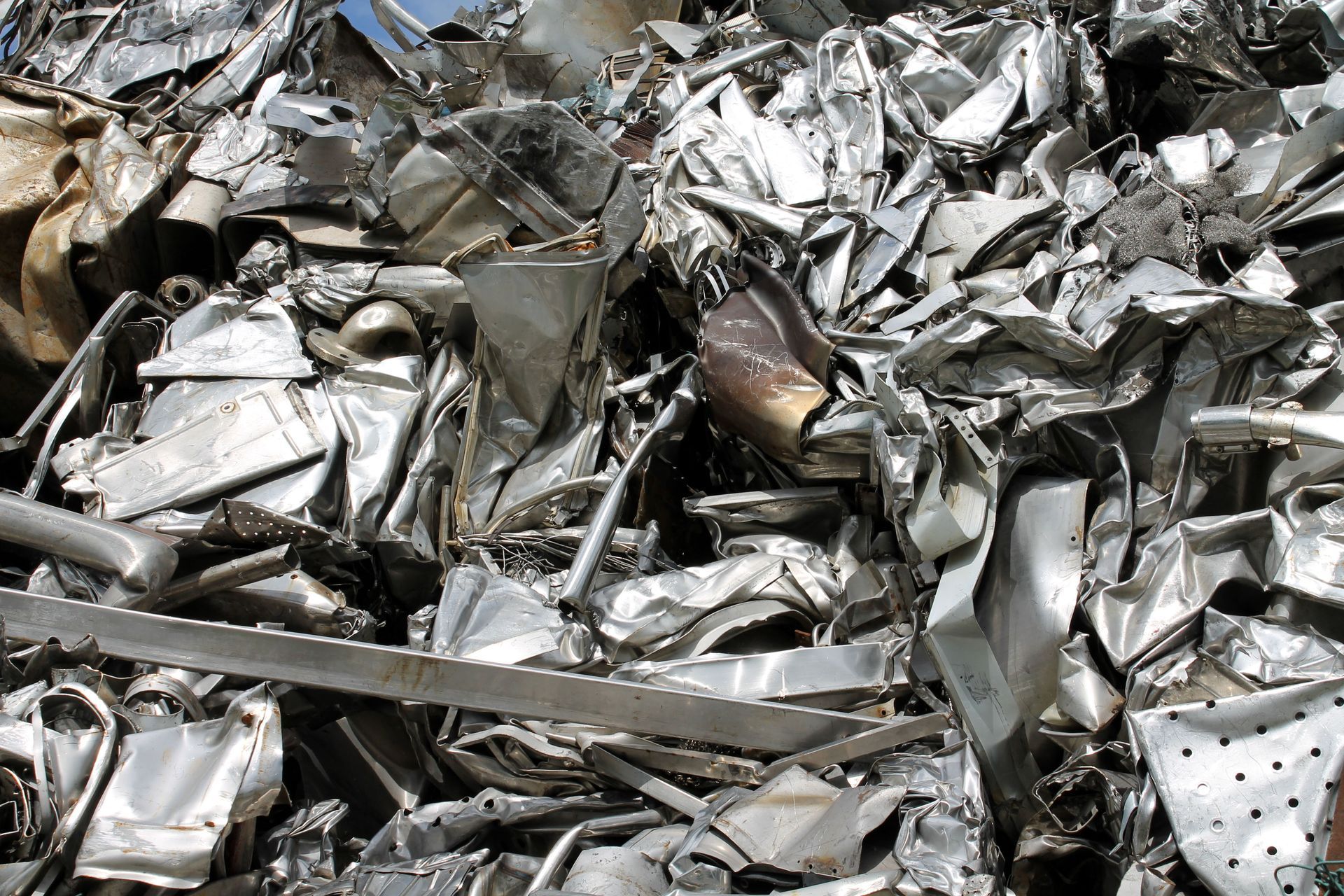
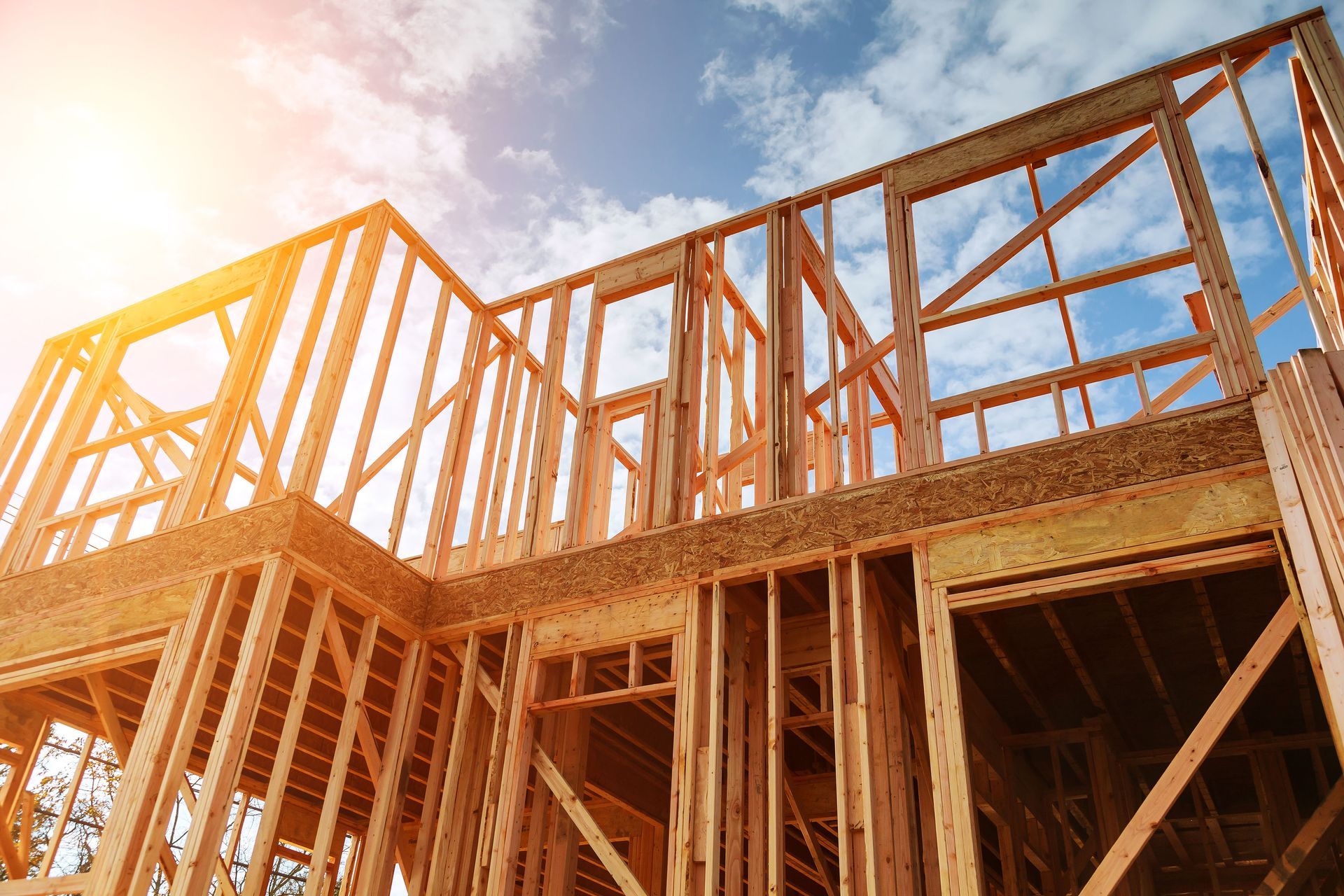
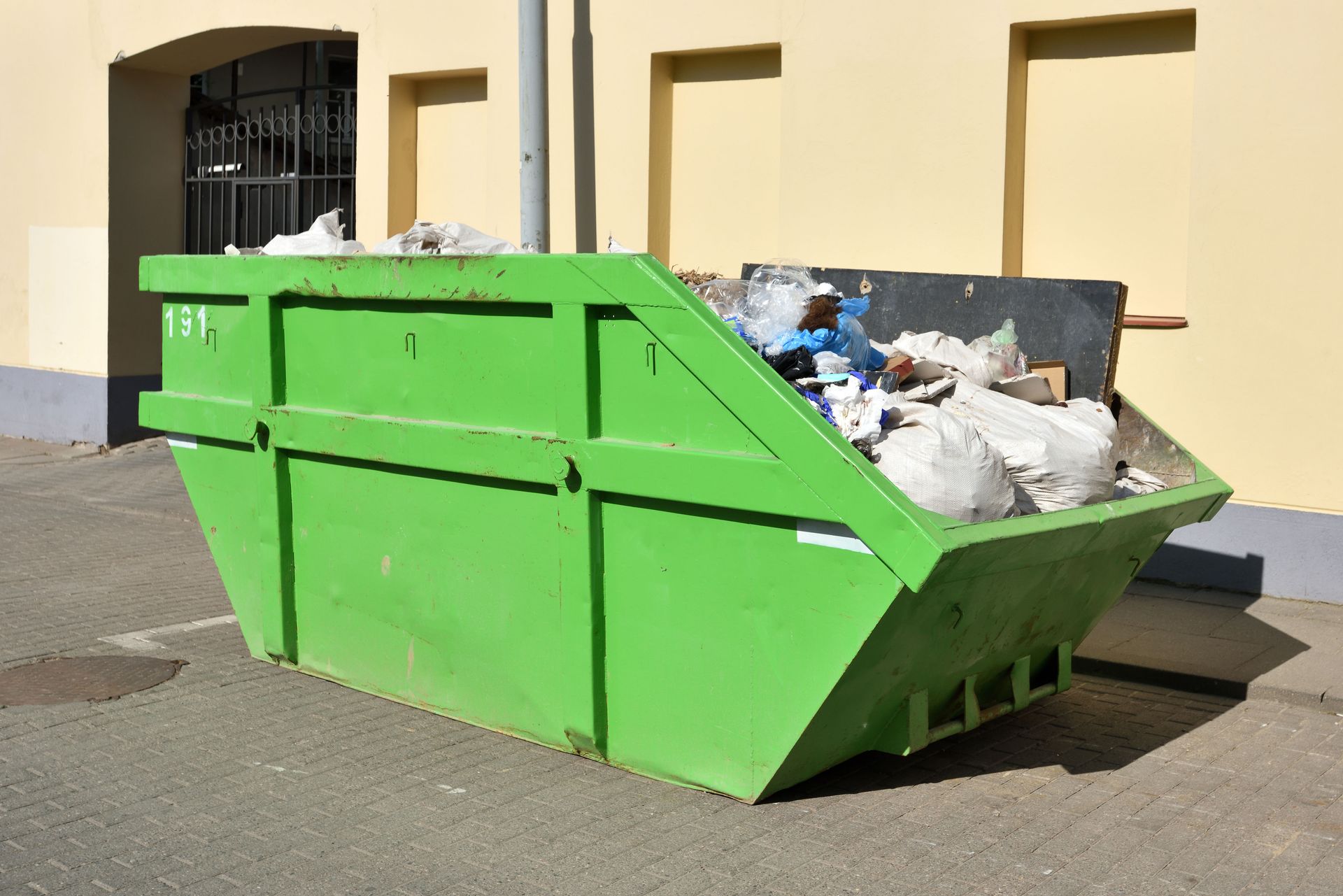
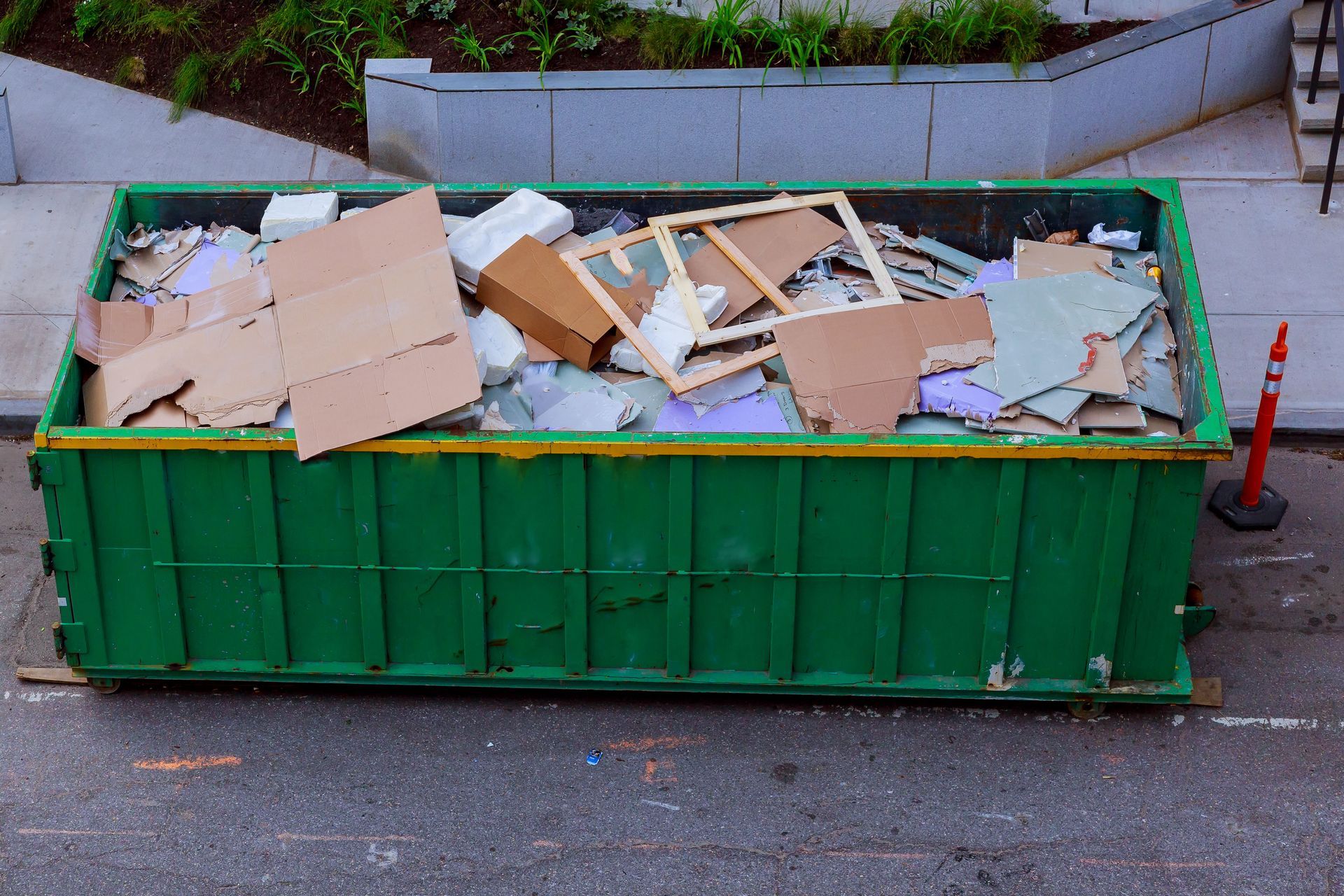
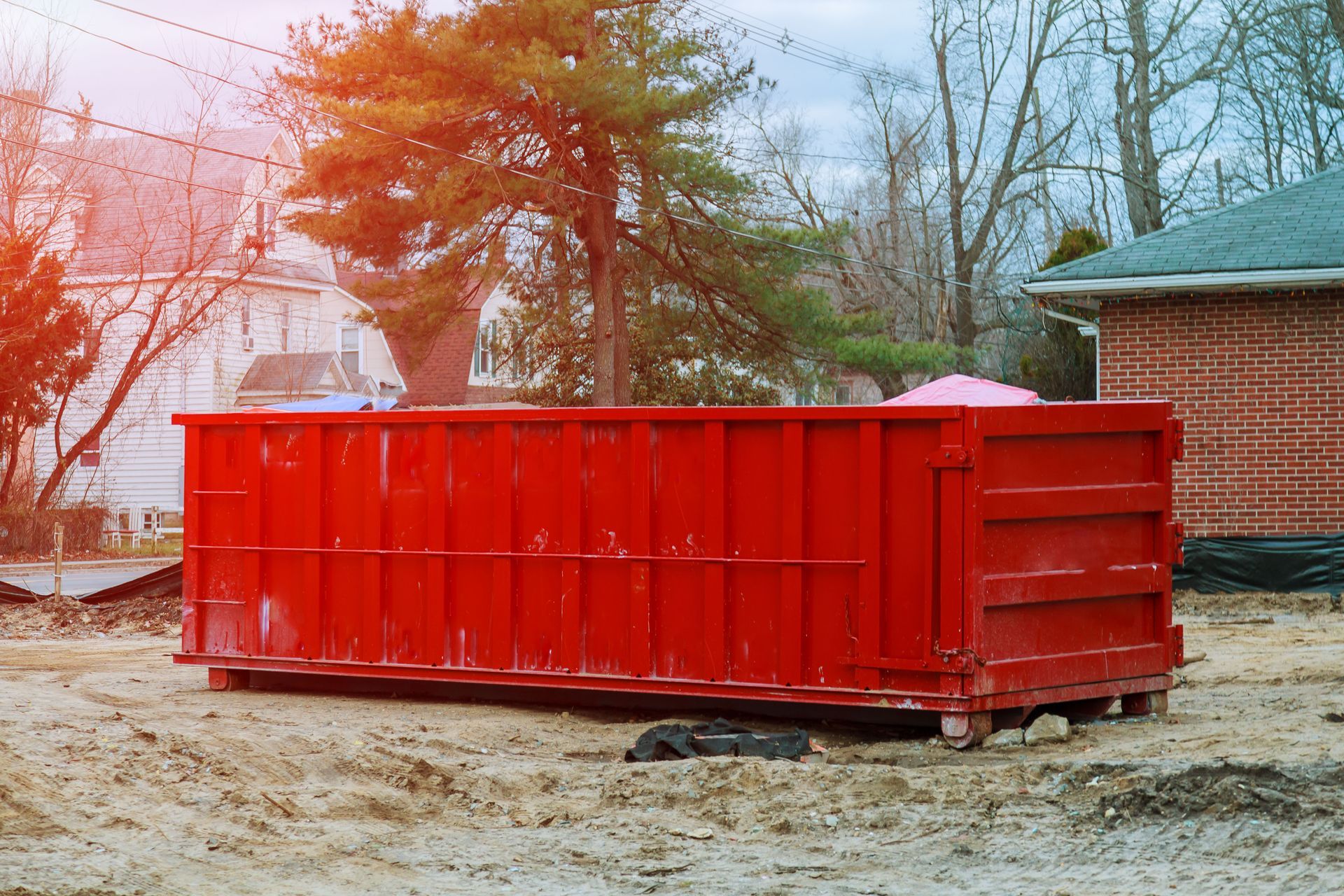
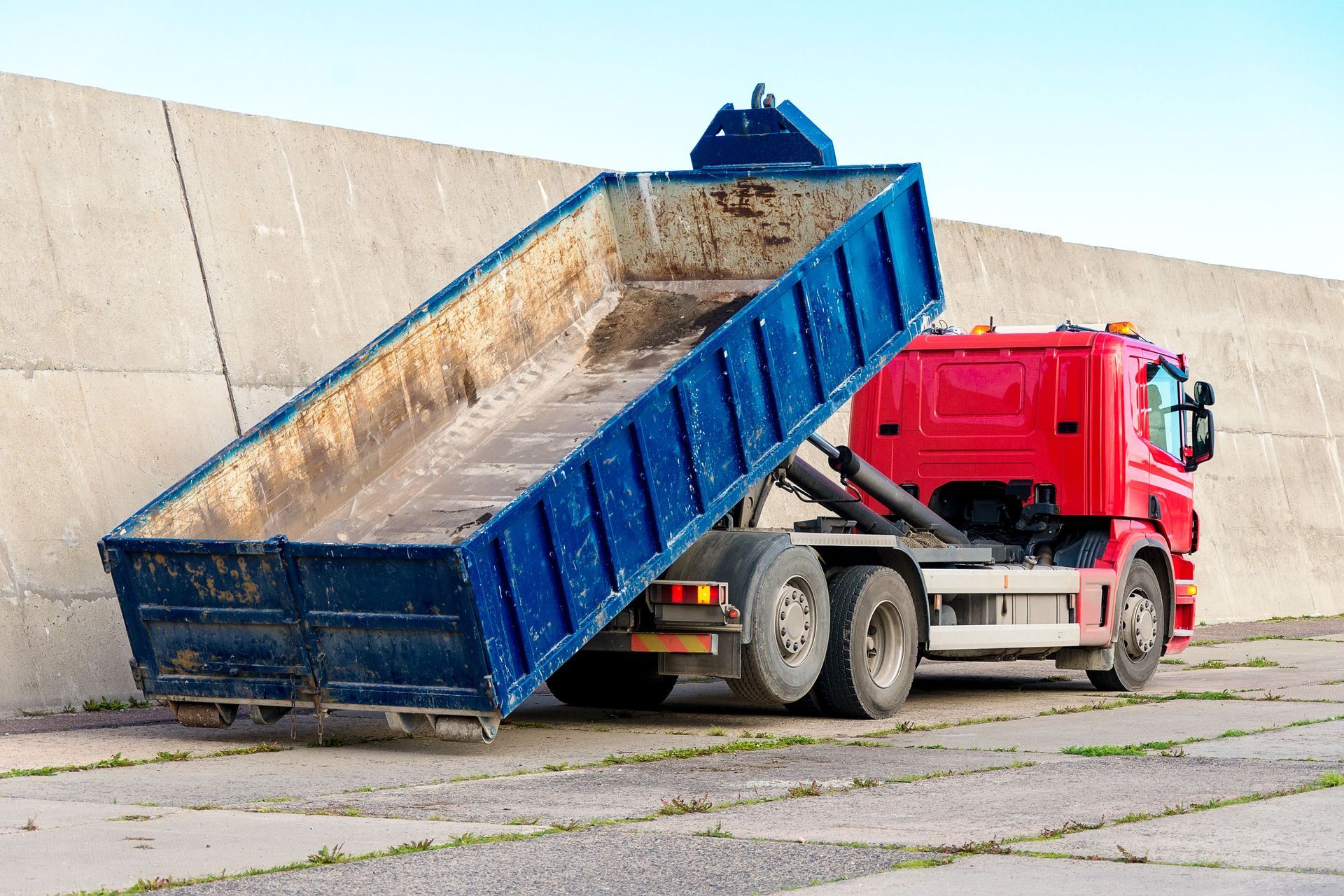

Share On: